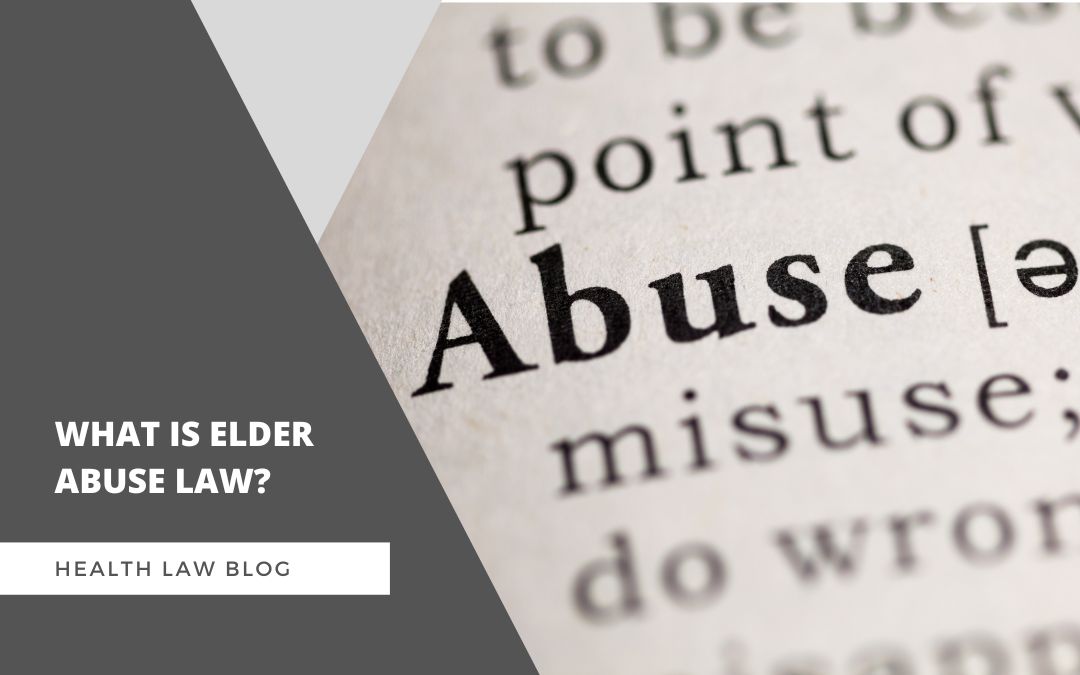Every state has its own standards and definitions for elder abuse and neglect. For instance, different states may have different ages to define seniors and what specifically counts as abuse or neglect.
However, there also are some federal laws to protect the elderly.
Additionally, organizations that provide care for the elderly, like nursing homes and assisted living facilities, must follow federal regulations if they accept Medicaid or Medicare. But states may have additional regulations or stricture requirements as well.
What states have elder abuse laws?
All states have some type of elder abuse laws, although some states are more strict than others.
In 2022, WalletHub conducted a comparison evaluating which states had the best protection against elder abuse across 16 indicators. The report found the states with the best elder-abuse protections were Wisconsin, Massachusetts, and Ohio.
There are also other differences across states. For instance, while all states have some form of mandatory reporting of elder abuse, it can vary on what is considered abuse that needs to be reported.
What are the different types of elder abuse?
Since elder abuse is any intentional act that risks harm to an older adult, many actions can be types of elder abuse.
The most common types of elder abuse include:
- Physical abuse, including violence or threats of violence
- Emotional abuse, including verbal threats
- Financial abuse and exploitation
- Neglect or lack of care, including insufficient housing, food, hygiene assistance, protection, or access to appropriate socialization
- Sexual abuse
- Abandonment
- Self-neglect

